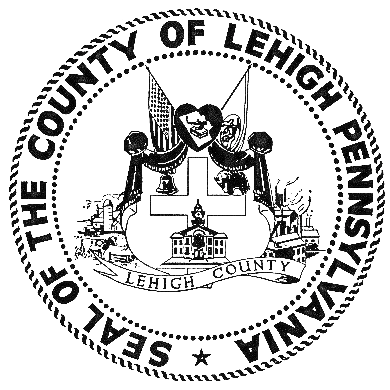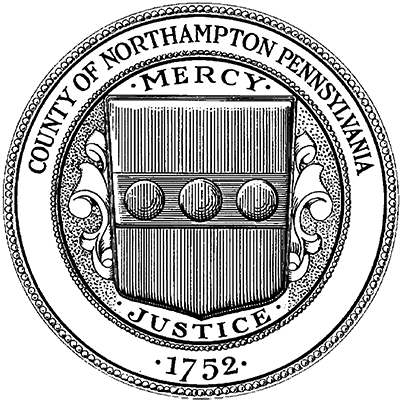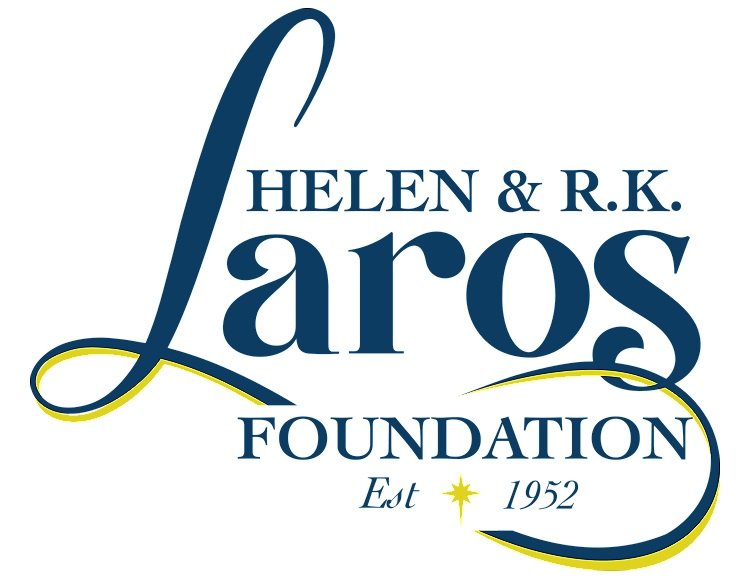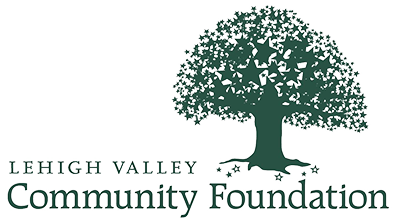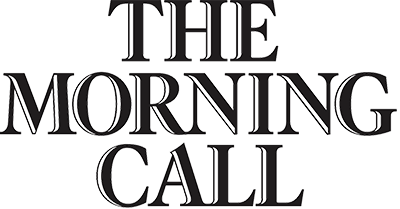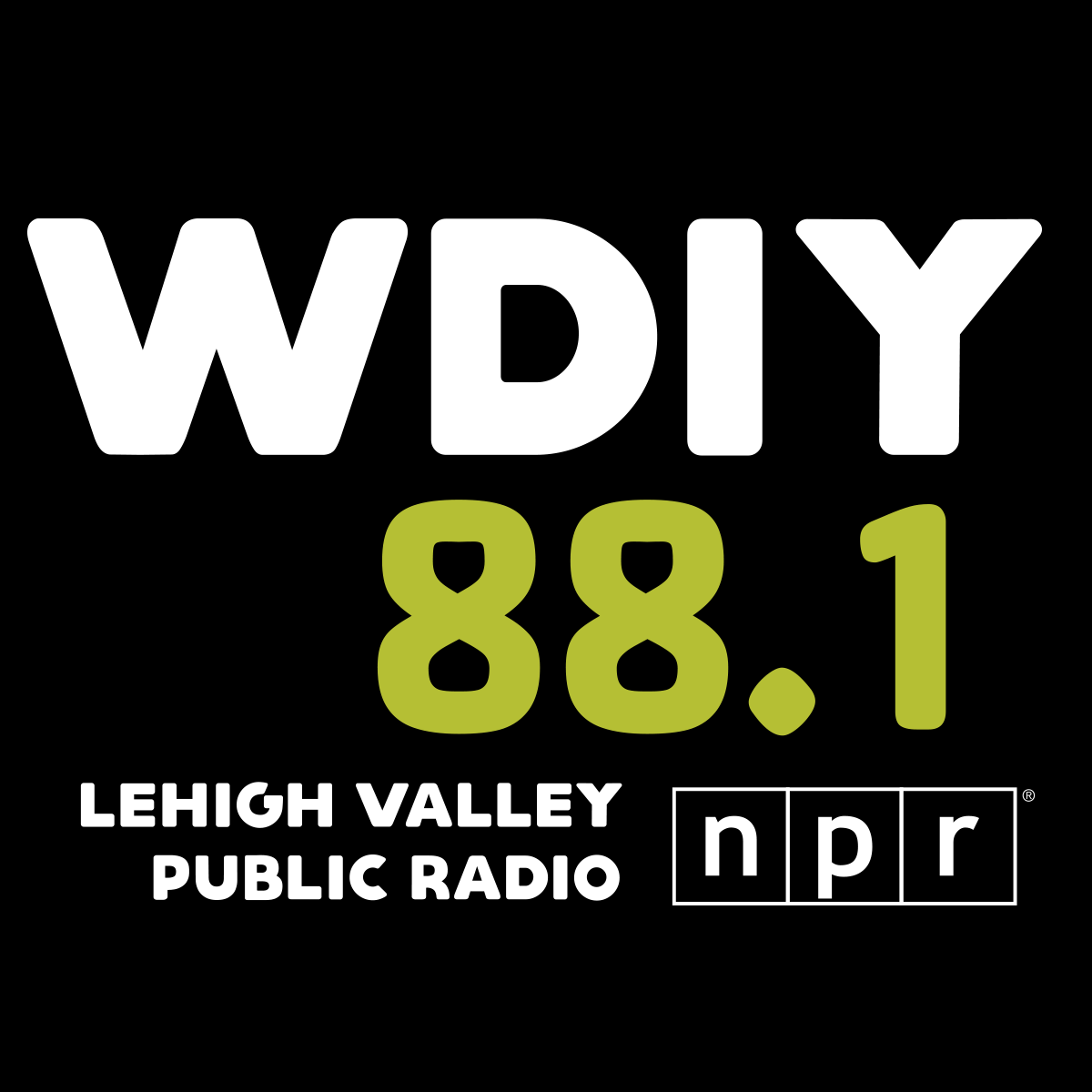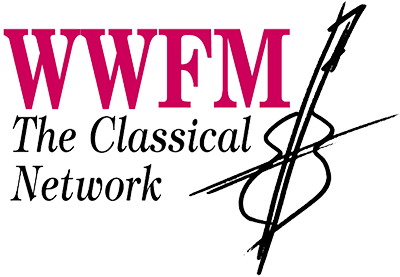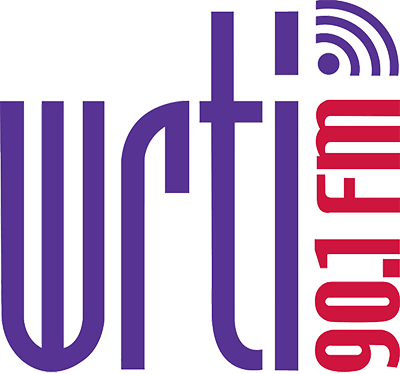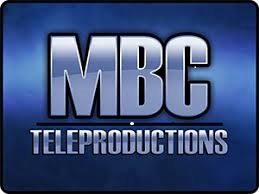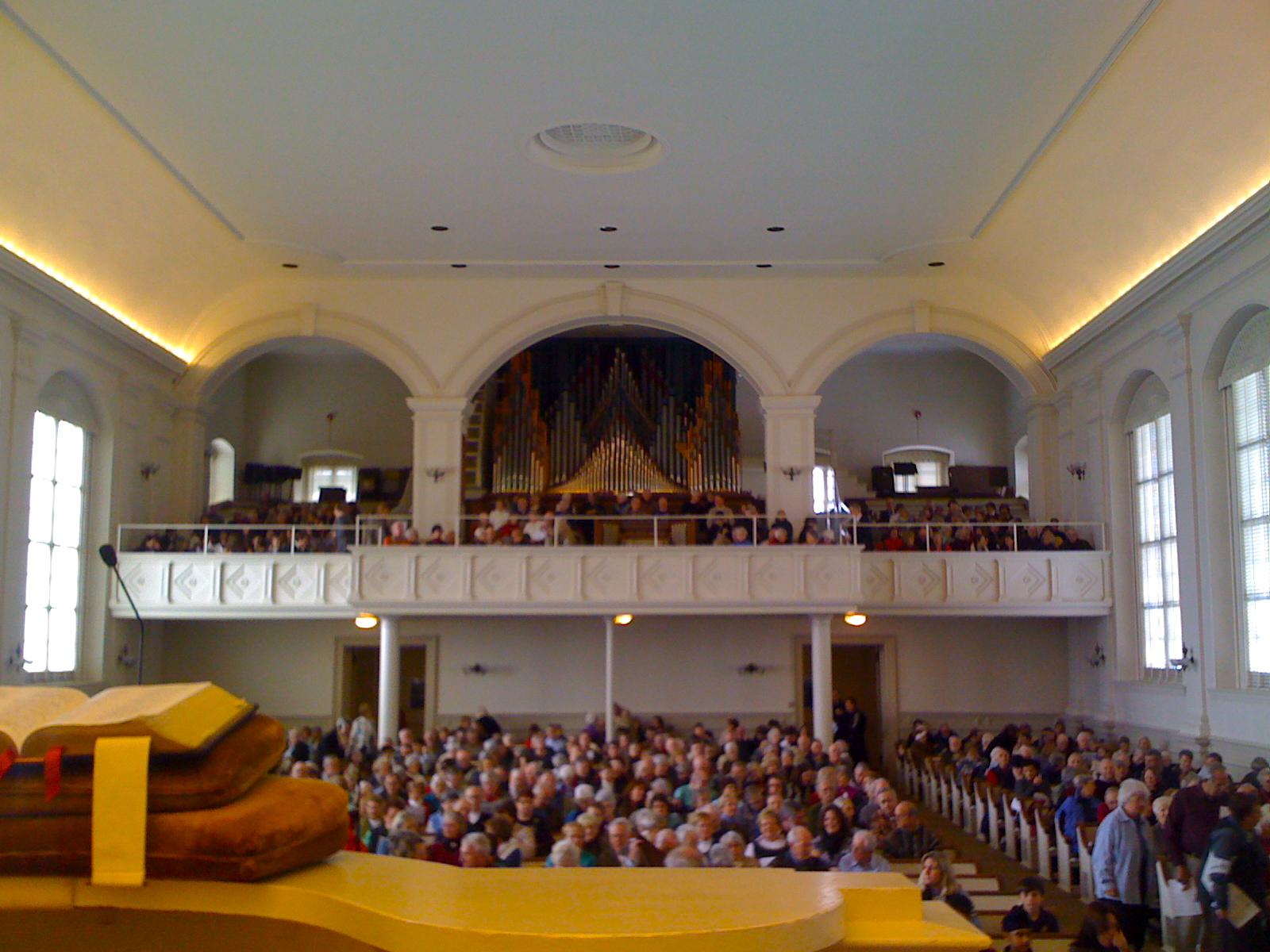
I sang at the first Bach at Noon, and recall with fondness the program our conductor had devised for the afternoon: the first Brandenburg concerto, and Bach’s monumental Epiphany cantata, No. 65. I had become a fan of both of those pieces through the use of now-obsolete technology: the cassette tape. After attending my first Bach Choir concert, the summer after my eighth grade year, I insisted on getting a copy of The Choir’s then-new recording, Christmas in Leipzig (which included Cantatas 63 and 65, as well as the Sanctus from the B-Minor Mass). The tape got a lot of play on my Walkman, and in the home and car stereos of anyone who would let me play it (perhaps earlier, less successful efforts at evangelizing Bach’s music). Likewise, I began collecting other recordings of Bach’s music on cassette, including Charles Munch’s recording of the Brandenburgs with members of the Boston Symphony Orchestra. The Munch has long since fallen out of favor, but you may reasonably gather how I feel about The Bach Choir’s work (that first cassette, soon worn thin and hissy from overuse was eventually replaced by a CD of the same recording).
At that first Bach at Noon, I finally got to sing Cantata No. 65, and was the first time I heard Greg conduct the First Brandenburg. It was a fantastic afternoon – a packed house enjoyed some really beautiful music. Greg’s rapport with the audience was easy and enthusiastic, and it felt as though we were christening a new vessel at the beginning of a wonderful voyage. The seas have remained calm, and there have been copious favorable breezes in our sails, and we are now marking the occasion of our 50th Bach at Noon performance. This is an accomplishment in which all of us, performers, supporters, and audience, alike, can take a large measure of pride.
The not-insubstantial cost of offering these concerts for free to the general public has been offset by generous corporate and community donors, as well as the endowment of six of the seven concerts by individuals and groups of individuals (including past and present members of The Choir). We are able to be generous in giving away these concerts only through the generosity and vision of our wonderful supporters, and that is certainly cause for celebration!
So, on Tuesday, January 10th, beginning at noon at the Central Moravian Church, we’ll revisit our very first program, and I’d like to share a few words about the music. Dedicated to the Margrave of Brandenburg, the Brandenburg Concerti were presented to Johann Ludwig in 1721. Some of have speculated that the Margrave lacked the instrumental resources to have them performed, and they apparently lingered in obscurity in various collections until their modern-era discovery in 1849, whereupon they were received with the incredulity they continue to command today.
The first concerto, which we will hear on Tuesday, begins with a jaunty allegro, with two french horns dialoguing with different instruments in the Baroque orchestra, including violins and oboe. It’s somewhat amusing to imagine the interloping natural horns making their raucous presence felt within the context of their slightly more refined instrumental colleagues. Bach puts all of the instruments through their paces, and follows this with a very complex and florid adagio. Over slightly unsettled harmony, Bach demonstrates his skill at orchestration, with the different instrumental groups in a very compelling dialogue. As that movement resolves, another jaunty allegro continues with the horns trading melodic passages with the string and winds sections including a violin and oboe soloists. There is something fiercely brilliant in how individual instrumentalists are called upon to spring forth from the texture to solo, and then to return among their colleagues for ensemble playing. The music sounds entirely natural, even inexorable, and yet it must have been fiendishly difficult to conceive so lush an instrumental texture from a blank slate (not to mention the difficulty in playing it!). The concerto concludes with a number of short dance movements, showcasing different instruments in varying combinations. This is exceptionally elegant music, and the perfect way to prepare our ears for Cantata 65.
Composed for the Feast of the Epiphany (which commemorates the arrival of the Magi), this piece begins with a magnificent evocation of the journey of the Magi. The music feels in three, perhaps evoking the three Magi, and also has a lilting quality that seems extremely “camelesque” to my ears. One can distinctly feel the peculiar gate of a camel in this music, which is also a rather intricate choral fugue. Bach’s librettist quotes Isaiah in the first movement, “They will all come out of Sheba to bring gifts of gold and incense…” On the words “alle kommen” meaning all will come, Bach crafts long melismatic passages, with many notes to one syllable of text, as if to underline how far they “all will come.” The orchestration is rich with two horns, flutes, and strings.
Following the opening chorus, we hear a chorale which quotes the Isaiah text found in the opening chorus, but adds myrrh to the list of gifts brought to Christ by his visitors from Sheba. Following this, we hear a beautiful baritone recitative (sung on Tuesday by the amazing Christòpheren Nomura), in which the singer brings Isaiah’s prophecy into the present day, and, in a compelling bit of text, offers his heart to the infant redeemer. Next, an aria for baritone, in which the singer reflects on the inadequacy of worldly gifts (“gold from Ophir is too meager”), and bids listeners to give their hearts to Christ at the dawn of the New Year. This admonition is accompanied by almost jazzy oboes da caccia, which have a slightly more rustic sound then the more refined oboe d’amore. Their very rusticity gives this aria an exotic air, transporting listeners (through Bach’s fertile imagination) to the Middle East of biblical times. Next, another recitative, this time by tenor (sung by the accomplished Robert Petillo), the librettist uses gold, myrrh, and incense as metaphors for faith, prayer, and patience, and alludes to God’s favor and love, as well as the heavenly reward, as far more desirable gifts. This is followed by a virtuoso tenor aria, accompanied by the full orchestra, including flutes and horns, which acts as a kind of prayer of dedication (while taking all of their performers through their paces, including some blazingly melismatic singing by the tenor on the text “All that I am… shall be dedicated to God’s service”). I’m eager to hear how Robert will bring this beautiful music to life. The cantata (and concert) will conclude with another chorale, which also is a kind of dedicatory prayer.
As anyone who’s attended a Bach at Noon is sure to have noticed, our organization is extremely gratified to offer this music to the public – to bring before listeners the music of one of Western civilization’s sharpest minds – in an atmosphere of enthusiastic and loving discovery. At a personal level, I find it an utter delight to take part in the sharing of music that I’d encountered with wonder as a child, and continue to find so nourishing and rewarding to perform. Join us on Tuesday afternoon and experience what’s so very special about Bach at Noon as we celebrate our 50th performance in this wonderful series.





